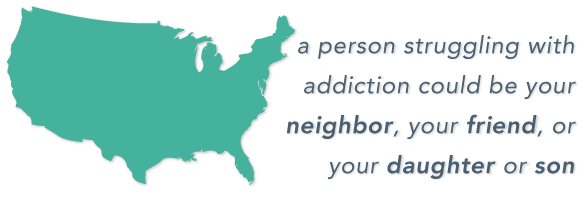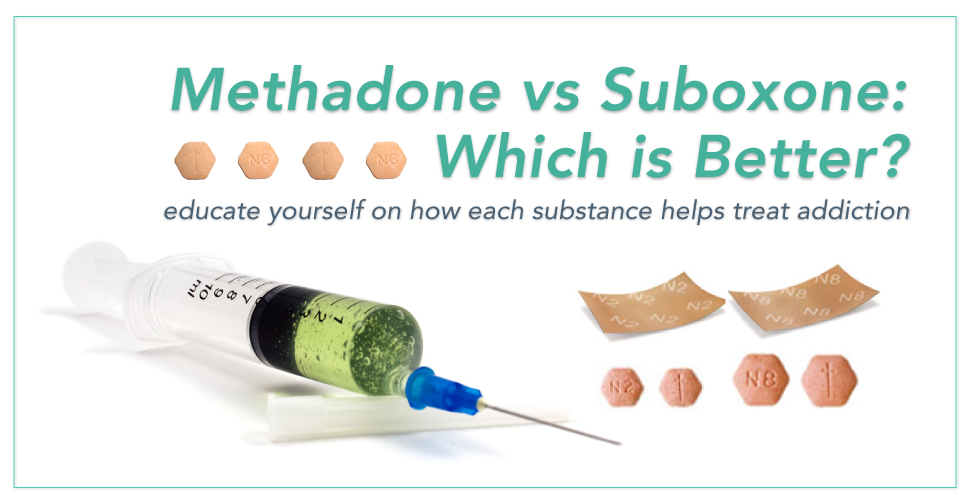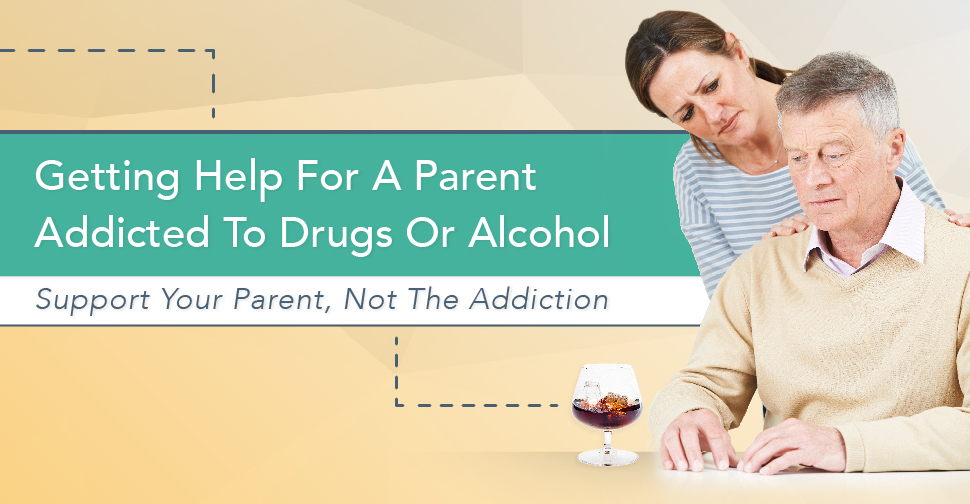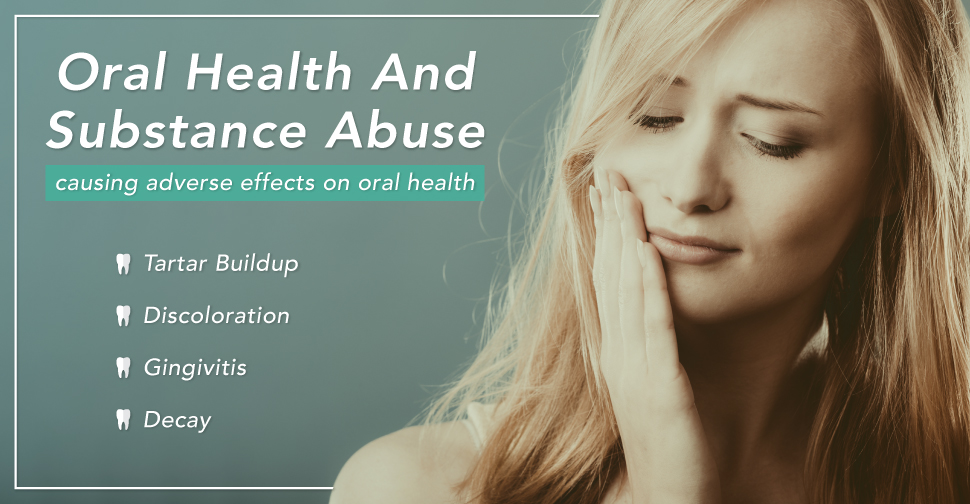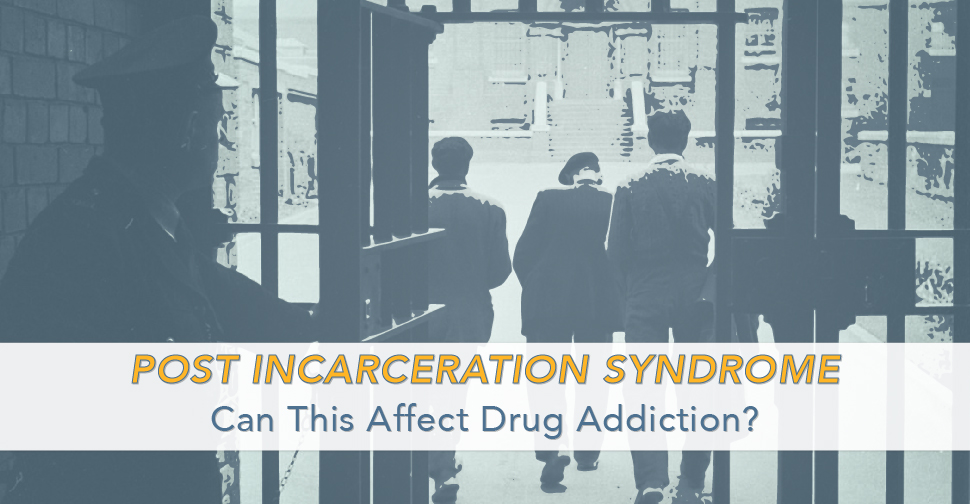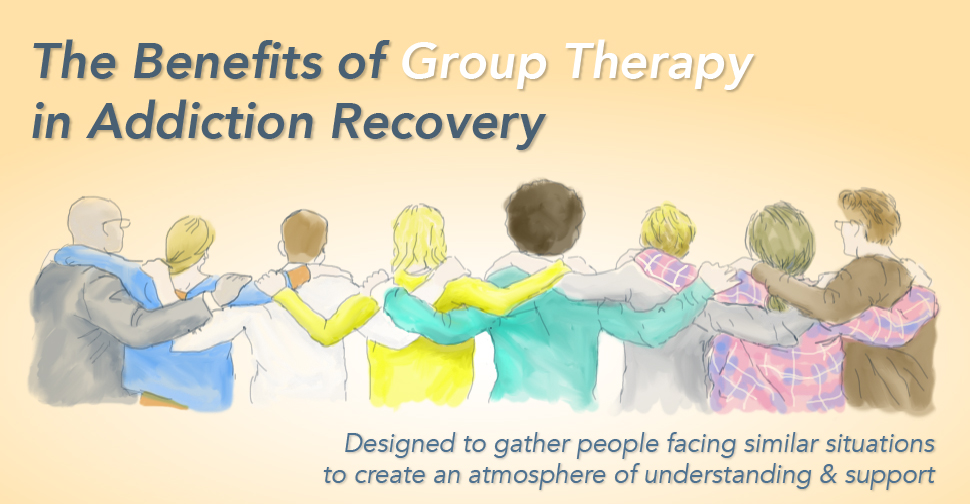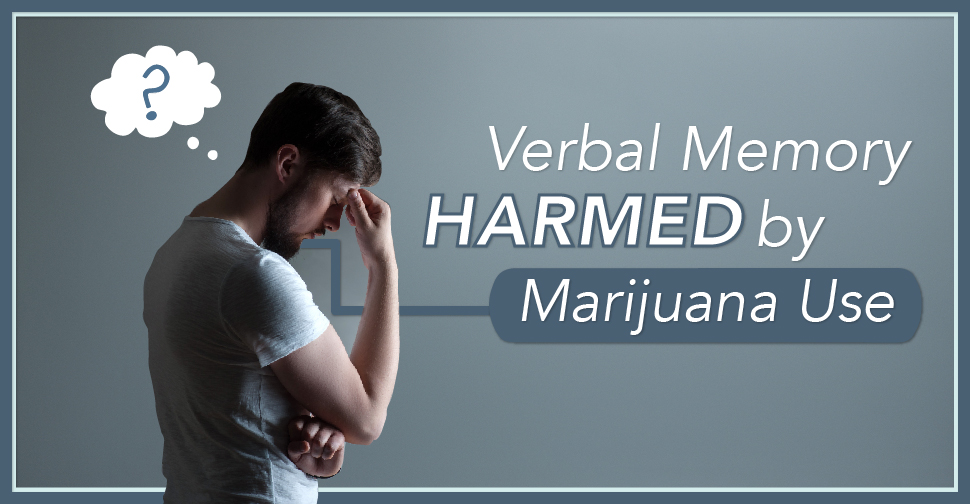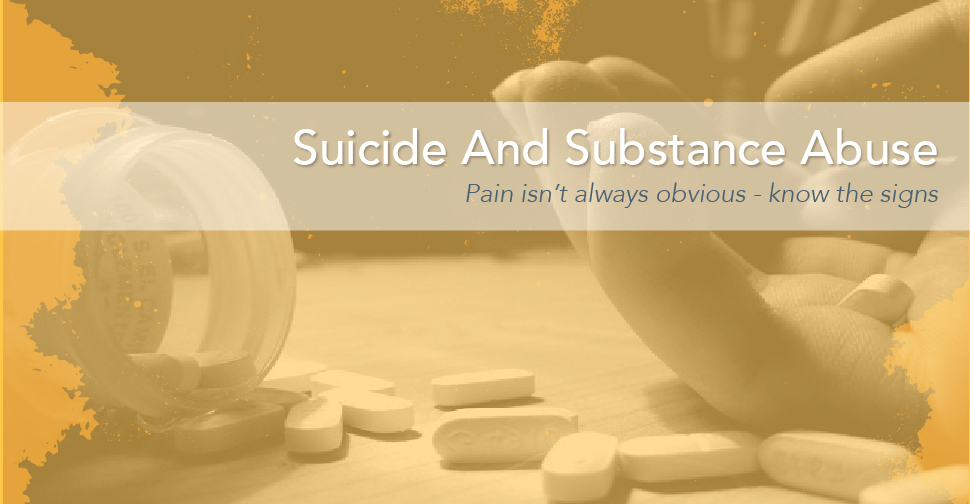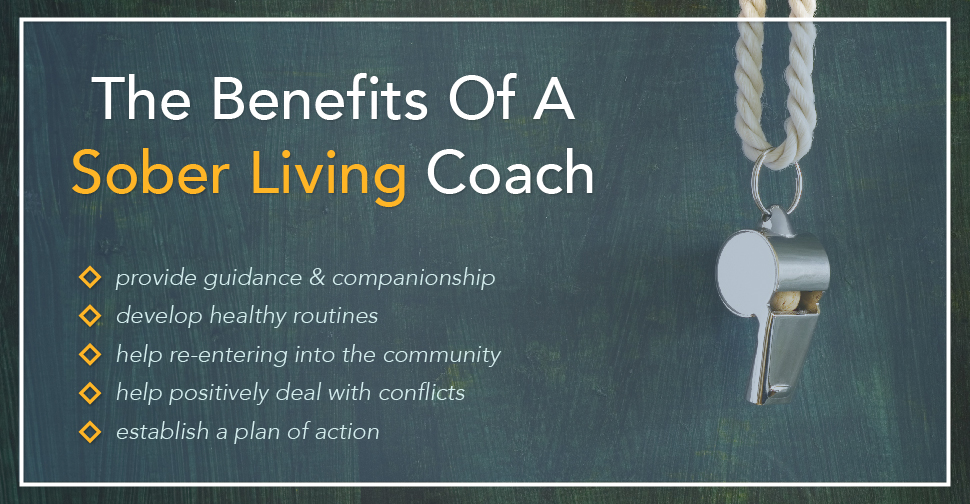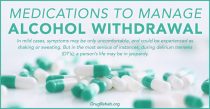
Alcohol is the most commonly abused drug in the United States. Alcohol can form an intense physical dependence for individuals that drink heavily on a regular basis. When they stop drinking, a severe withdrawal can occur.
In mild cases, alcohol withdrawal symptoms may be only uncomfortable. The individual could experience minor symptoms such as shaking or sweating. The most serious withdrawal problem from alcohol is when a person has delirium tremens (DT’s). Individuals can die from a seizure from having delirium tremens so it should never be taken lightly.
A professional medical detoxification in an inpatient treatment setting manages these concerns safely, by aid of various medications. Benzodiazepines and anticonvulsants are most commonly used for this purpose.
Why Does Alcohol Withdrawal Occur?
Like other drugs, the moment you begin using alcohol it goes to work changing the way your brain functions. As use becomes more frequent and intense, these changes become more severe and lasting. One of the largest impacts is felt within our neurotransmitters, specifically one called GABA. These important brain chemicals are responsible for regulating critical functions within our bodies, including the autonomic nervous system, cognition, and mood.
In the presence of a constant influx of alcohol, as within an addicted state, your brain drastically cuts back on its own production of neurotransmitters. This reliance is termed a physical dependency. Should a person stop using alcohol, or radically reduce their consumption, their body experiences an intense state of shock called withdrawal.

When you drink alcohol, it increases GABA’s effects, which reduces the amount of excitability within your brain, as explained by the American Family Physician (AFP). During withdrawal, without alcohol, your brain becomes excessively excited, which leads the sense of unease and edginess which accompanies withdrawal.
What Are The Signs Of Alcohol Withdrawal?
After the last drink, symptoms of withdrawal may occur in as little as a few hours, or it may take up to several days for certain individuals to encounter these effects. The severity of withdrawal is influenced by:
- How long a person has been drinking for.
- The amounts regularly consumed.
Withdrawal from alcohol can cause:
- Anxiety
- Brain fog
- Confusion
- Cravings
- Depression
- Insomnia
- Nausea and vomiting
- Rapid heart rate
- Sweating
- Tremors or shaking
For long-term, heavy drinkers, withdrawal can become severe. Drinkers of this sort are far more common to experience delirium tremens (DT’s), a severe and dangerous form of withdrawal. According to MedLinePlus, symptoms typically begin two to four days after a person stops drinking, but in certain cases they may not occur until day seven or ten. This state is marked by:
- Agitation
- Extreme confusion
- Fever
- Hallucinations
- Mood swings
- Seizures
- Stupor
The risk of withdrawal-induced fatality is heavily increased by DT’s. The AFP warns that one to five percent of individuals who progress to these states experience fatality. This reality strongly increases the need for a specialized medical detox for certain individuals.
Is Detox A Necessary Part Of A Treatment Program?
Detoxing from alcohol at home or anywhere other than under medical care is never recommended. Doing so can be very dangerous and life-threatening. for most individuals, alcohol addiction treatment is best begun by a medical detox.

During unmonitored withdrawal symptoms and cravings can become extreme and debilitating. Many people retreat back to substance abuse to stop these effects. Medications can be a life-saving tool during this time.
Medications Used To Manage Alcohol Withdrawal In A Detox Setting
The primary aim of pharmacotherapies (medications used within treatment) during detox is to stabilize and begin to normalize a person’s brain chemistry. Detox seeks to make withdrawal as comfortable and painless as possible. While some medications address physical concerns such as nausea and shaking, work to address issues which trouble a person on emotional and mental levels.
Using Benzodiazepines During An Alcohol Detoxification
Anxiety and agitation can run high during withdrawal. During this time a person may also be fearful of their future, as they’re intimidated by the prospect of living a life without alcohol as a form of self-medication.
To counter these and other states, benzodiazepine medications may be used, either as needed, or on a fixed-schedule regimen. These medications have a sedative and calming effect, which can be of great benefit during this time.
The following benzodiazepines are frequently used for these purposes:
- Chlordiazepoxide (Librium)
- Diazepam (Valium)
- Lorazepam (Ativan)
- Oxazepam (Serax)
They also note that within “a fixed-schedule regimen, doses of a benzodiazepine are administered at specific intervals, and additional doses of the medication are given as needed based on the severity of the withdrawal symptoms.”
Benzodiazepines widely impact the functioning of your central nervous system (CNS), as does alcohol. This is yet another reason why you should never detox on your own. Should you attempt this on your own, and be taking these medications while you relapse, the CNS depression could lead to overdose and death.
Other Medications Are Used To Treat Alcohol Withdrawal
The following medications may also be used to treat alcohol withdrawal:
- Atenolol (Tenormin)
- Carbamazepine (Tegretol)*
- Clonidine (Catapres)
- Gabapentin (Neurontin)*
- Haloperidol (Haldol)
- Oxcarbazepine (Trileptal)*
- Valproic acid (Depakene)*
Anticonvulsants are also widely used during this time (these are marked above by an asterisk). They do caution that in most cases these medications should not be used as “monotherapies,” or medications used as standalone treatments.
The National Institute on Drug Abuse asserts that Acamprosate (Campral) works on GABA, and “is thought to reduce symptoms of protracted withdrawal, such as insomnia, anxiety, restlessness, and dysphoria.” They also note that topiramate is believed to impact GABA, and for this reason may be used off-label as a treatment.
Individuals with other medical conditions may require special considerations when using medications. For example, the AFP suggests that phenytoin (Dilantin) may help individuals already prone to seizures, whereas individuals diagnosed with coronary artery disease may benefit from beta blockers.
The toll of withdrawal is further compounded by the way alcohol abuse depletes your body of vital hydration, nutrients, and vitamins, leaving you malnourished and dehydrated. Intravenous (IV) hydration may be used to boost a person’s fluids and electrolytes. Multivitamins and B vitamins (especially thiamine) may be administered to balance any malnourishment caused from abuse.
Detox Safely From Alcohol Today
If you’re considering treatment for an alcohol addiction, contact DrugRehab.org today. We will find the right program that fits both your needs as well as your budget. All calls are 100 percent confidential.
For More Information Related to “Medications To Manage Alcohol Withdrawal” Be Sure To Check Out These Additional Resources From DrugRehab.org:
- The Dangers of Mixing Alcohol with Valium (Diazepam)
- What is “Wet Brain”?
- Is Alcoholism Genetic or Hereditary?
- How Common is Alcohol Abuse?
- Klonopin Withdrawal Symptoms
Sources
American Family Physician — Outpatient Management of Alcohol Withdrawal Syndrome
MedlinePlus — Alcohol Withdrawal
National Institute on Alcohol Abuse and Alcoholism — Complications of Alcohol Withdrawal
National Institute on Alcohol Abuse and Alcoholism — Alcohol Dependence, Withdrawal, and Relapse


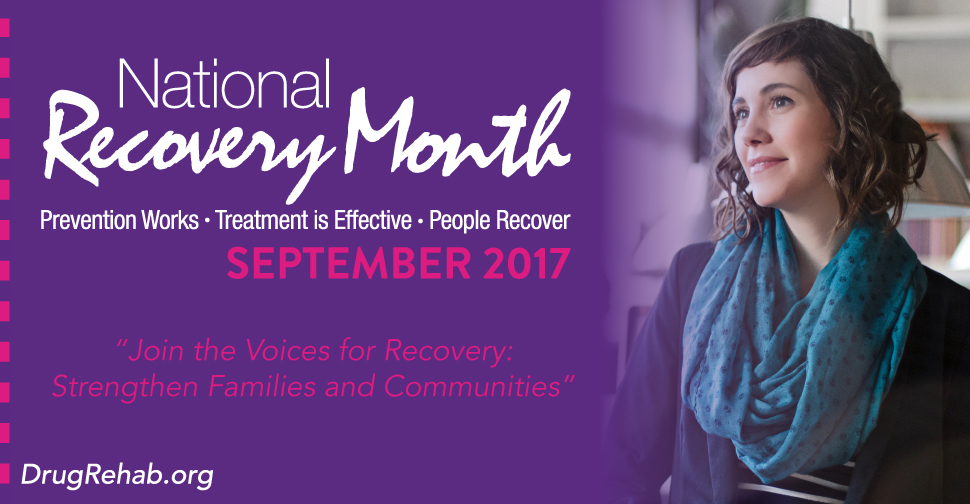
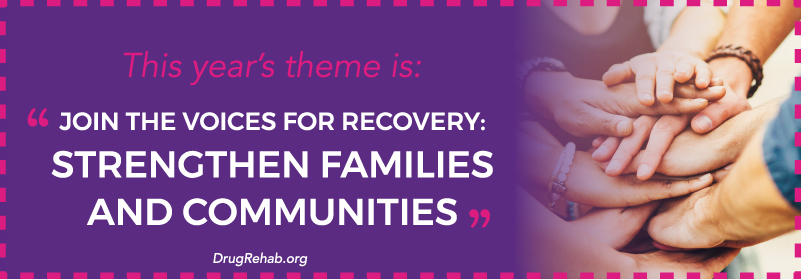
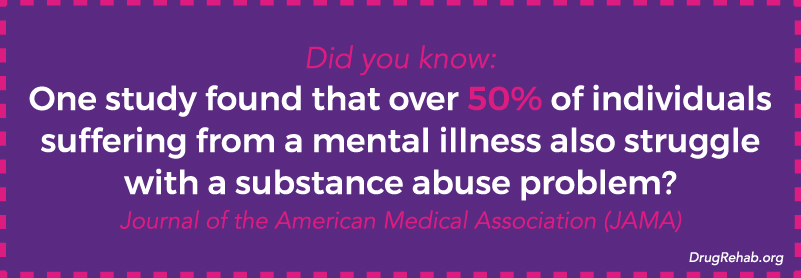
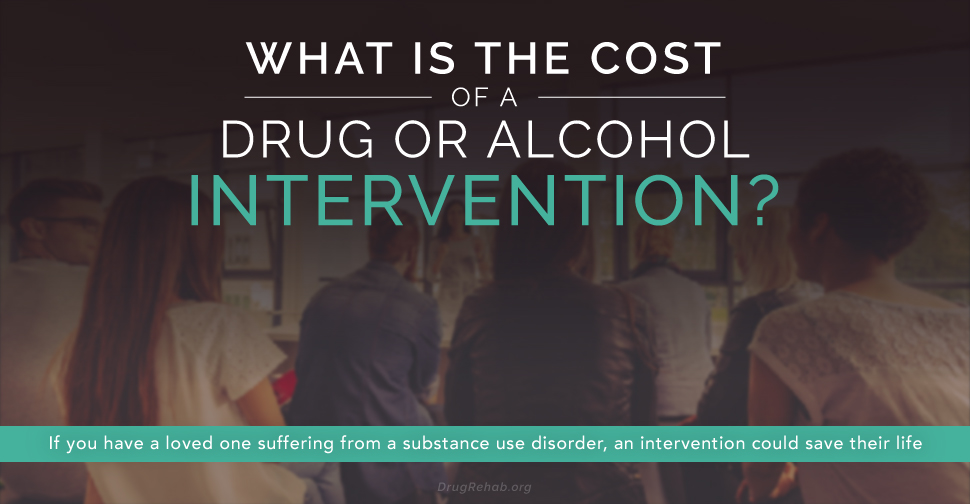

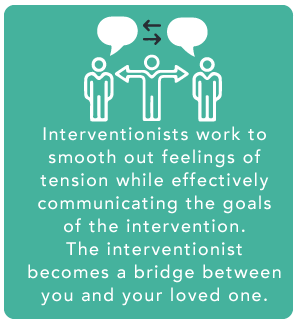
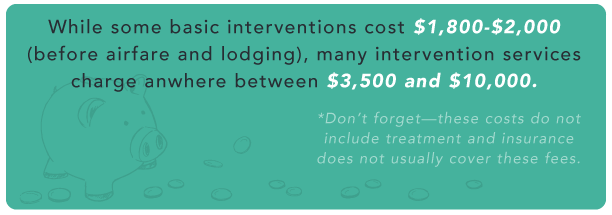
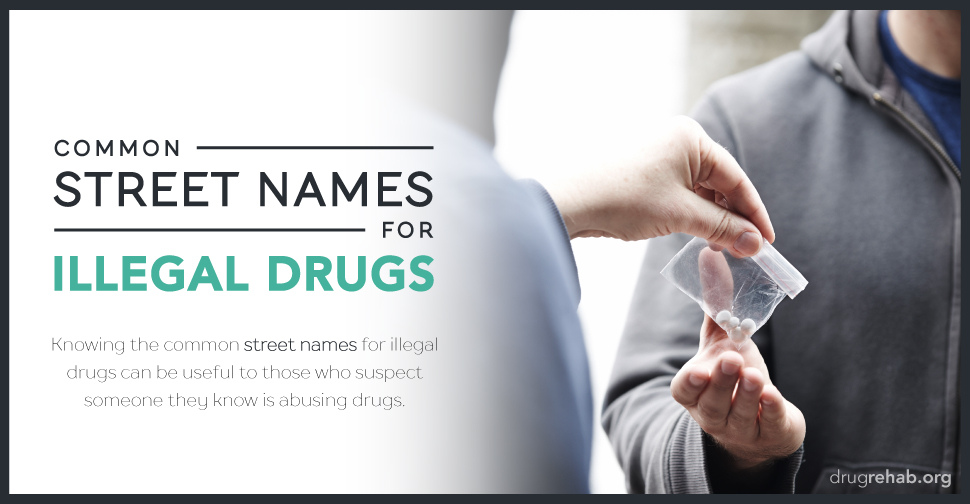



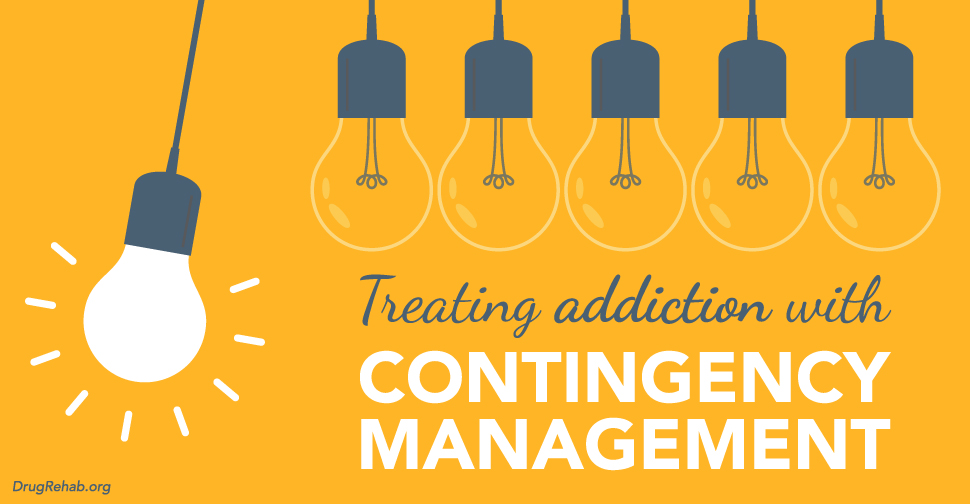
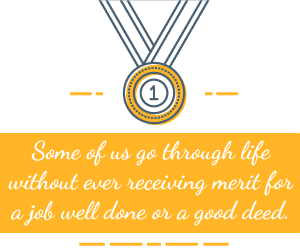 It can be a refreshing feeling when you’re rewarded for doing something right–especially if you aren’t used to that sort of benefit. Some of us go through life without ever receiving merit for a job well done or a good deed. Though, perhaps more often, (or at least seemingly more often), our bad behavior is always acknowledged, and it can have some pretty negative repercussions on our lives. Bad behavior can get us into pretty hot water–nobody wants to get suspended from school, get arrested, or lose a job over a stunt they pulled.
It can be a refreshing feeling when you’re rewarded for doing something right–especially if you aren’t used to that sort of benefit. Some of us go through life without ever receiving merit for a job well done or a good deed. Though, perhaps more often, (or at least seemingly more often), our bad behavior is always acknowledged, and it can have some pretty negative repercussions on our lives. Bad behavior can get us into pretty hot water–nobody wants to get suspended from school, get arrested, or lose a job over a stunt they pulled.
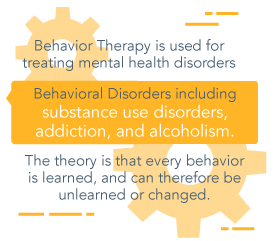 According to the
According to the 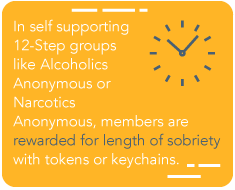 In these groups, there is no drug test, or hair sample, just a person’s word; however, if a member of AA and NA relapses or “slips” their sponsor might suggest that they come clean at the table–or tell the rest of the group. This embarrassment can be considered a punishment, though it reminds all members that relapse is not required of everyone suffering from addiction, but it is a possibility.
In these groups, there is no drug test, or hair sample, just a person’s word; however, if a member of AA and NA relapses or “slips” their sponsor might suggest that they come clean at the table–or tell the rest of the group. This embarrassment can be considered a punishment, though it reminds all members that relapse is not required of everyone suffering from addiction, but it is a possibility.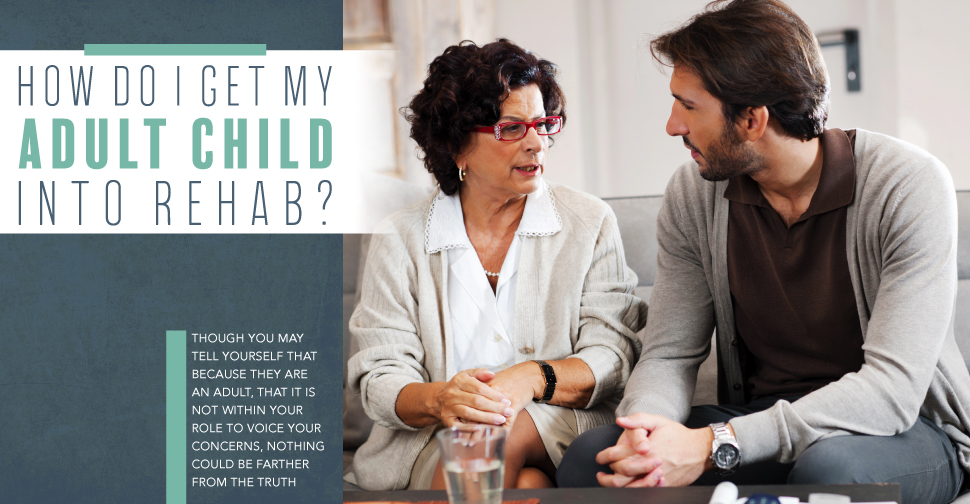

 Be mindful of your emotions — Addiction impacts the people around the user, so chances are, you’ve likely suffered at the hand of your child’s addiction as well. Because of this, and also due to the unique history between each parent and child, you may harbor strong emotions either towards the addiction, or even your child. Be careful of choosing your words wisely, monitoring your emotions, and being mindful of your child’s state of mind. Pointing fingers may drive your child away, creating more negative emotions that they could seek to staunch with drugs or alcohol. Remind yourself—addiction is a disease, it is not a failing of character or moral standing, thus you should not make your child feel this way.
Be mindful of your emotions — Addiction impacts the people around the user, so chances are, you’ve likely suffered at the hand of your child’s addiction as well. Because of this, and also due to the unique history between each parent and child, you may harbor strong emotions either towards the addiction, or even your child. Be careful of choosing your words wisely, monitoring your emotions, and being mindful of your child’s state of mind. Pointing fingers may drive your child away, creating more negative emotions that they could seek to staunch with drugs or alcohol. Remind yourself—addiction is a disease, it is not a failing of character or moral standing, thus you should not make your child feel this way.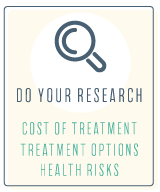 Do your research — The field of addiction medicine and treatment is wide; take your time to research your child’s specific drug(s) of abuse, including symptoms and side effects of abuse and addiction, so that you know when to spot a problem. Also consider the various treatment options, the cost of treatment, and other important logistical concerns. Information often reigns supreme in these conversations and may at times come through with greater clarity than only emotional missives. This step is also essential too, should you succeed, or even begin to pique their interest in treatment—if they are receptive, you possess a better chance at success, if you are ready to offer them information and options.
Do your research — The field of addiction medicine and treatment is wide; take your time to research your child’s specific drug(s) of abuse, including symptoms and side effects of abuse and addiction, so that you know when to spot a problem. Also consider the various treatment options, the cost of treatment, and other important logistical concerns. Information often reigns supreme in these conversations and may at times come through with greater clarity than only emotional missives. This step is also essential too, should you succeed, or even begin to pique their interest in treatment—if they are receptive, you possess a better chance at success, if you are ready to offer them information and options.
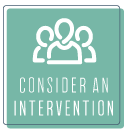 Consider an intervention — In many cases, you may have repeatedly tried to talk to your son or daughter about their addiction, only to be shut down or met with denial or anger. At a certain point, it may be a good idea to stage an intervention. Contrary to what some may think, an intervention is not necessarily, nor is it recommended to be, planned by friends or family members. Though these individuals have a crucial role within this, they may lend overt emotions or judgements to the process that could stave off your child accepting help and treatment. Instead, consider the aid of a professional—this individual may be a pastor, therapist, counselor, or even a person called an interventionist, a professional trained in preparing for and implementing interventions.
Consider an intervention — In many cases, you may have repeatedly tried to talk to your son or daughter about their addiction, only to be shut down or met with denial or anger. At a certain point, it may be a good idea to stage an intervention. Contrary to what some may think, an intervention is not necessarily, nor is it recommended to be, planned by friends or family members. Though these individuals have a crucial role within this, they may lend overt emotions or judgements to the process that could stave off your child accepting help and treatment. Instead, consider the aid of a professional—this individual may be a pastor, therapist, counselor, or even a person called an interventionist, a professional trained in preparing for and implementing interventions.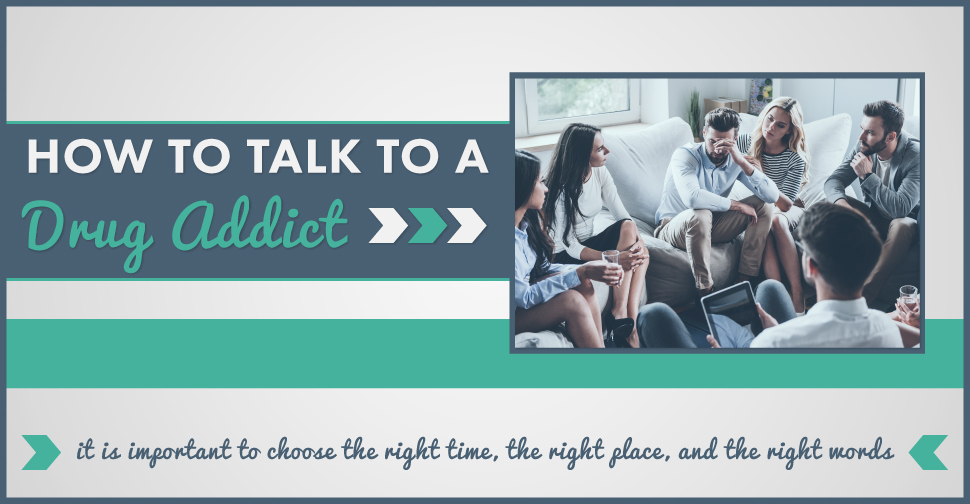
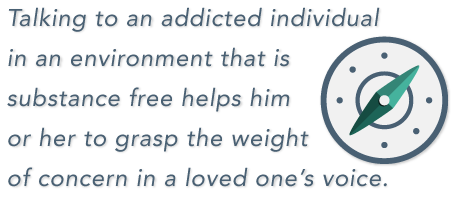 After considering these things, choose a time carefully. Again, broaching a sensitive, pertinent topic such as this may not be wise while a person is high. But talking to a person while he or she is hungover or experiencing the aftereffects may work since the substance abuse is fresh, and it is likely they are feeling ill, or even encountering regret. This might help them to see the error and damage of their ways. In other cases, this may not work. Instead, a sober time free from pressures of work, school, or family may be the right option.
After considering these things, choose a time carefully. Again, broaching a sensitive, pertinent topic such as this may not be wise while a person is high. But talking to a person while he or she is hungover or experiencing the aftereffects may work since the substance abuse is fresh, and it is likely they are feeling ill, or even encountering regret. This might help them to see the error and damage of their ways. In other cases, this may not work. Instead, a sober time free from pressures of work, school, or family may be the right option.